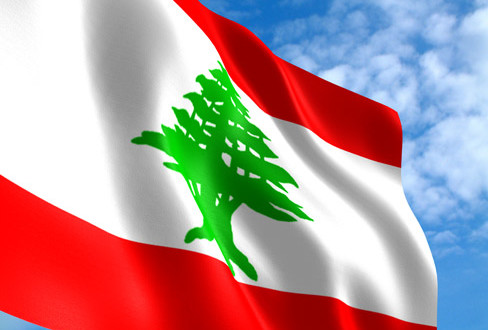Lebanon’s banks will not go bankrupt and deposits are secure but the country needs foreign support to pull itself from crisis, central bank Governor Riad Salameh said on Thursday, amid deep financial strains that have shaken confidence in banks.
The country is facing an acute dollar shortage and the worst economic conditions since its 1975-1990 civil war.
Speaking to broadcaster MTV in his first extended remarks in nearly two months, Salameh said: “Let’s be realistic, Lebanon is in need of foreign support.”
Since prime minister Saad Hariri resigned on Oct. 29 in the face of unprecedented protests against the country’s elite, Lebanon has failed to form a new government or put forward a reform agenda needed to win foreign support.
Foreign donors pledged $11 billion in project finance to Lebanon in 2018 but made it contingent on Beirut carrying out long-delayed economic reforms – something it has failed to do.
Salameh said the financing could come from these foreign donors and wealthy Gulf Arab states, and that contact with the International Monetary Fund (IMF) had so far been limited to talks with the prime minister over technical support.
“There has been no negotiation with the IMF by the Lebanese state to really know what conditions they would put,” he said.
Banks to regroup
Salameh said Lebanon’s crisis-hit banking sector would enter a new phase.
“The expansion that happened by the banks, specifically abroad, will be reviewed and the banks will regroup themselves and their capacities in Lebanon,” he said.
Looking to reassure jittery depositors who have been hit by tough capital controls since the unrest, Salameh said the central bank had $31 billion in liquidity and was ready to step in to secure liquidity demanded by banks for depositors.
Since the protests erupted on Oct. 17 commercial banks have imposed stiff controls in a bid to prevent capital flight, imposing tight caps on dollar withdrawals and blocking most transfers abroad.
Salameh insisted there would be no haircut on deposits, referring to a one-time reduction in their value.
Fixed rate
Lebanon was best served, Salameh said, by sticking with a fixed exchange rate regime that has kept its pound currency pegged to the dollar at the same rate since 1997.
“Our view is that exchange rate stability costs Lebanon less … especially given that the country has no exports,” he said, noting how the price of petrol would shoot up if the peg were abandoned.
Since the unrest Lebanon’s pound has slumped by more than a third against the dollar on a parallel market that has become the sole source of hard currency for most importers, hiking costs.
Still, Salameh said Lebanon can recover quickly because a big part of its economy is generated abroad – a reference to Lebanese working overseas whom the country has long relied on to send home remittances that help finance its gaping deficit.
Lebanon’s annual external financing needs of $17 billion-$20 billion a year could decline due to a drop in imports, he said, potentially saving $4 billion-$5 billion a year.
ASHARQ Al AWSAT
 Lebanese Ministry of Information
Lebanese Ministry of Information



